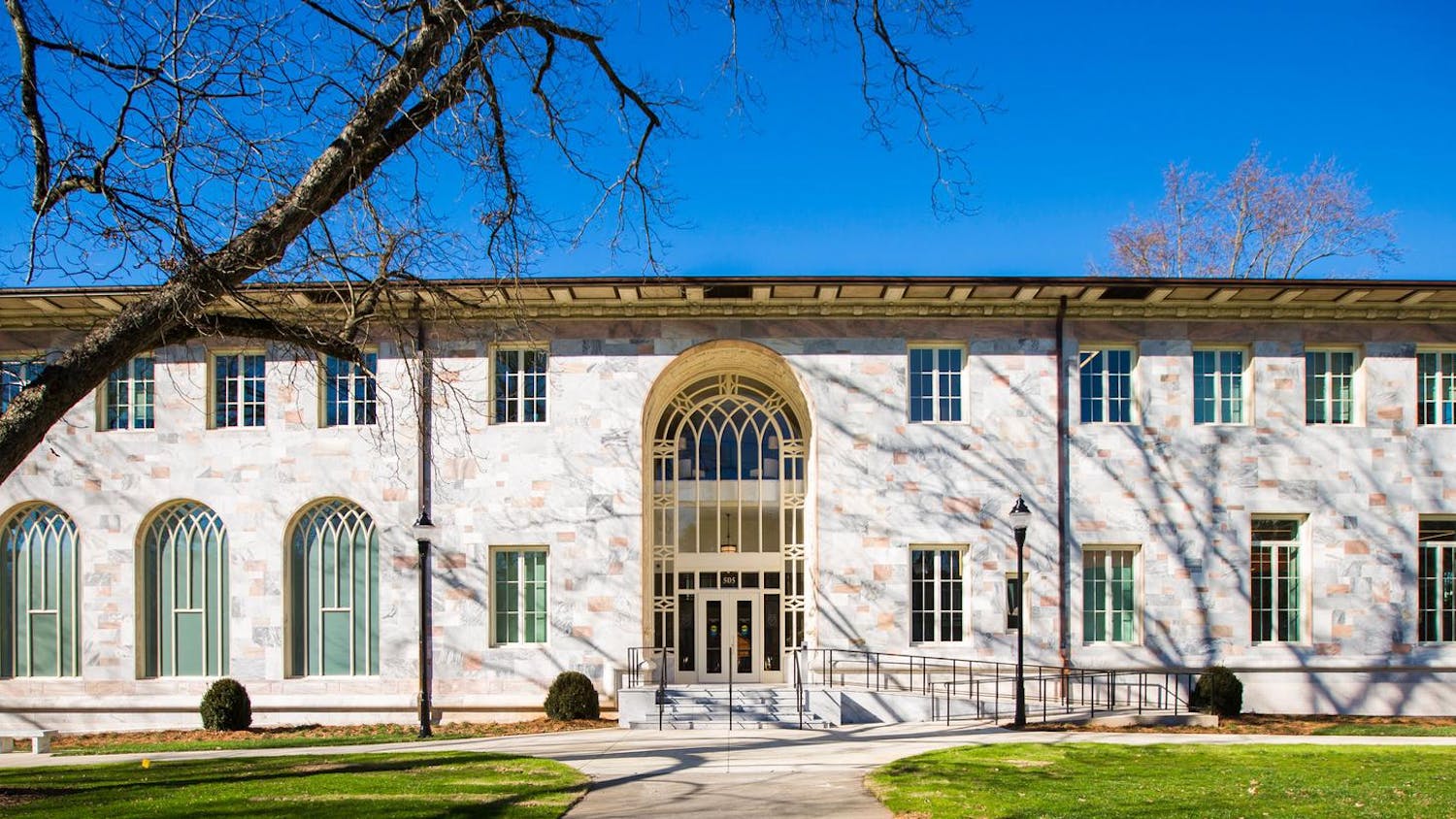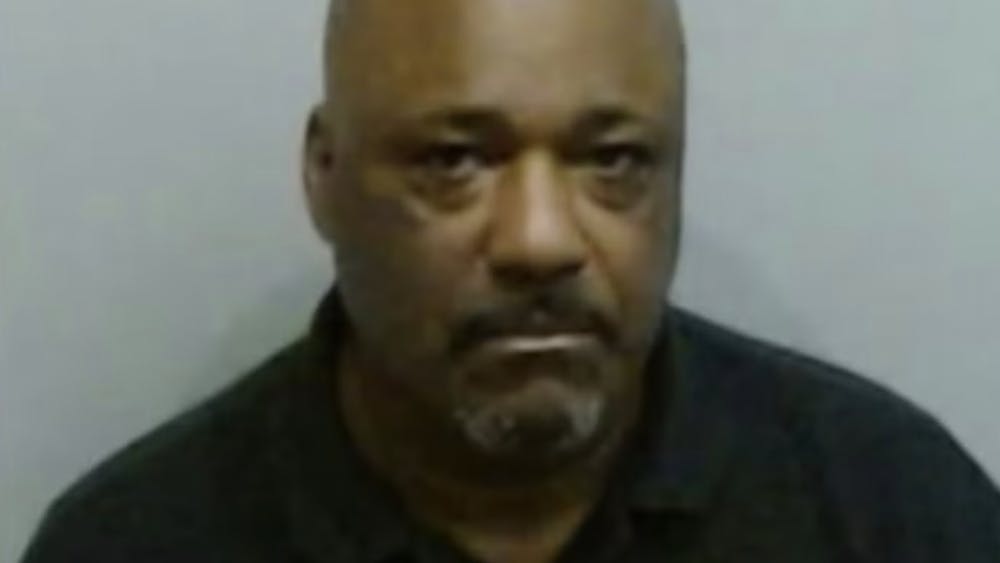Republican candidate Rick Santorum's exit from the Republican primaries in the 2012 presidential election has prompted mixed responses from Emory political science professors. Professors elaborated on the possibility of President Obama retaining his office, the impact of negative advertising and the chances that Republican candidate Mitt Romney will defeat Obama in November.
Alan Abramowitz, Alben W. Barkley professor of political science, cited a combination of contributing factors for Santorum dropping out of the election.
These factors included Santorum's diminished chances of winning the candidacy after what Abramowitz described as mediocre performances in the caucuses and primaries.
Abramowitz said Santorum likely dropped out of the race due to a lack of financial backing, risk of losing in the Pennsylvania primary election and the strain of having a serious illness in the family.
However, Abramowitz said Santorum had achieved more success than originally predicted, performing far better in the primaries and caucuses than any other "non-Romney" candidate.
"Santorum inherited the conservative vote," Abramowitz said. "Republicans went through candidates; first [Michele] Bachmann, then [Ron] Paul, [Hermain] Cain, [Newt] Gingrich and Santorum, and he had more success than any of them."
Abramowitz explained that Santorum's exit will not vastly affect Obama's campaign because Obama has been planning on running against Romney.
Merle Black, the Asa G. Candler professor of politics and government, agreed, saying that Obama will not have to change his campaign strategies drastically.
"The race, for Obama, was always against Romney," Black said. "The other candidates were irrelevant."
The professors also discussed negative advertising – the usage of insults and slander against other candidates in advertising – and the influence this advertising will have on voters' opinions in November.
Black said in an Emory communications video that negative campaigning is an influential factor in the 2012 campaign.
Black noted that while candidates have always used negative advertising during elections, the tactic has become easier and faster because of the speed at which information is shared through broadcast and online journalism.
Michael Giles, Fuller E. Callaway professor of political science, suggested that the amount of "real" or "true" information in a slandering advertisement determines how effective the ad will ultimately be.
Giles also attributed the intensity of negative campaigning to the influence of Super Political Action Committees (Super PACs), large organizations that donate to political campaigns.
In addition, the experts evaluated Obama's likelihood of retaining his presidency and compared his current campaign to his efforts during the 2008 election when he was first elected.
Giles commented that Obama's 2012 campaign is less likely to garner the same level of support – particularly from the country's youth – than it did in 2008 because his novelty as a candidate will have diminished.
"As a professor, I see the amount of students actively engaged in Obama's campaign has gone down since 2008," he said.
However, the slight upturn in the economy might positively influence his campaign, provided that the economy does not experience another downturn, Giles said.
Abramowitz agreed that Obama has a slight advantage due to a recent, slight decrease in unemployment. Abramowitz additionally noted that Obama will benefit from his position as an incumbent candidate; during his campaign, he can highlight what steps he has taken to improve the state of the country since his election in 2008.
Giles also noted that the nation's recovery from the economic recession, combined with Obama's relatively strong defense record, will give him an advantage in the upcoming election.
"He has a vigorous defense on foreign policy that other Democrats usually don't have, including the capture of Osama bin Laden," he said. "However, what really moves voters is their own financial status."
The professors deliberated on Romney's ability to garner support from a Republican base that tends to finds him too liberal of a candidate.
Giles said Romney faces a unique issue in the campaign now because while most Republican candidates would move to the center of the political spectrum closer to the election to appeal to swing voters – or moderate voters whose votes may go to either of the candidates – Romney cannot afford to ignore the strength of the strong conservative base that finds him too liberal.
Abramowitz predicted that Republican voters who initially supported Santorum will rally behind Romney because their desire to overturn Obama's presidency will outweigh their disapproval of Romney as a strong candidate.
"Romney has the power to unify the conservative base, and his efforts to move closer to the right will increase," he said. "Even now, he is running further right than he was as governor of Massachusetts. He is running as the 2012 Romney, not the 1996 Romney."
– Contact Anusha Ravi.
4/16/2012
Read More




